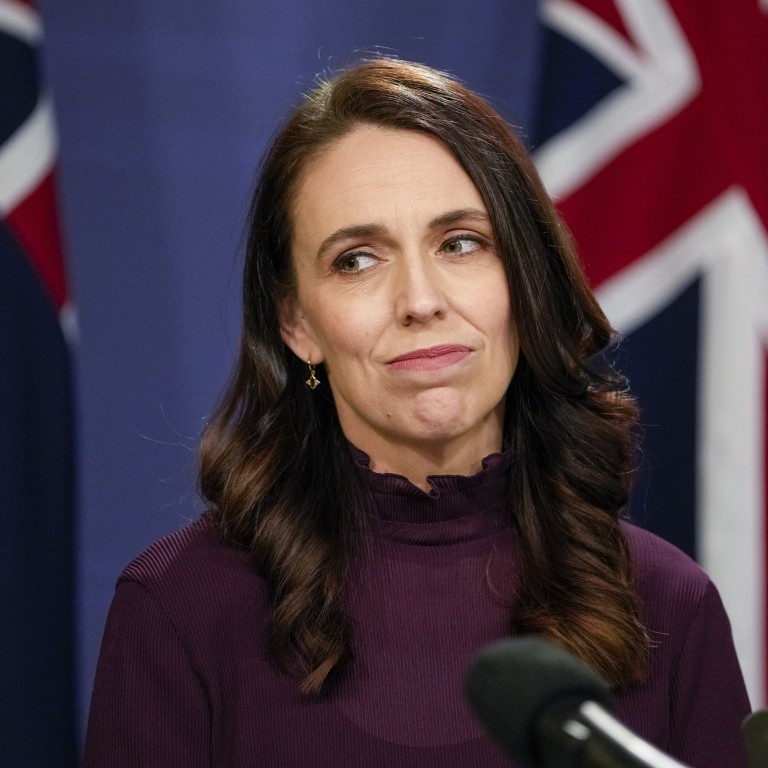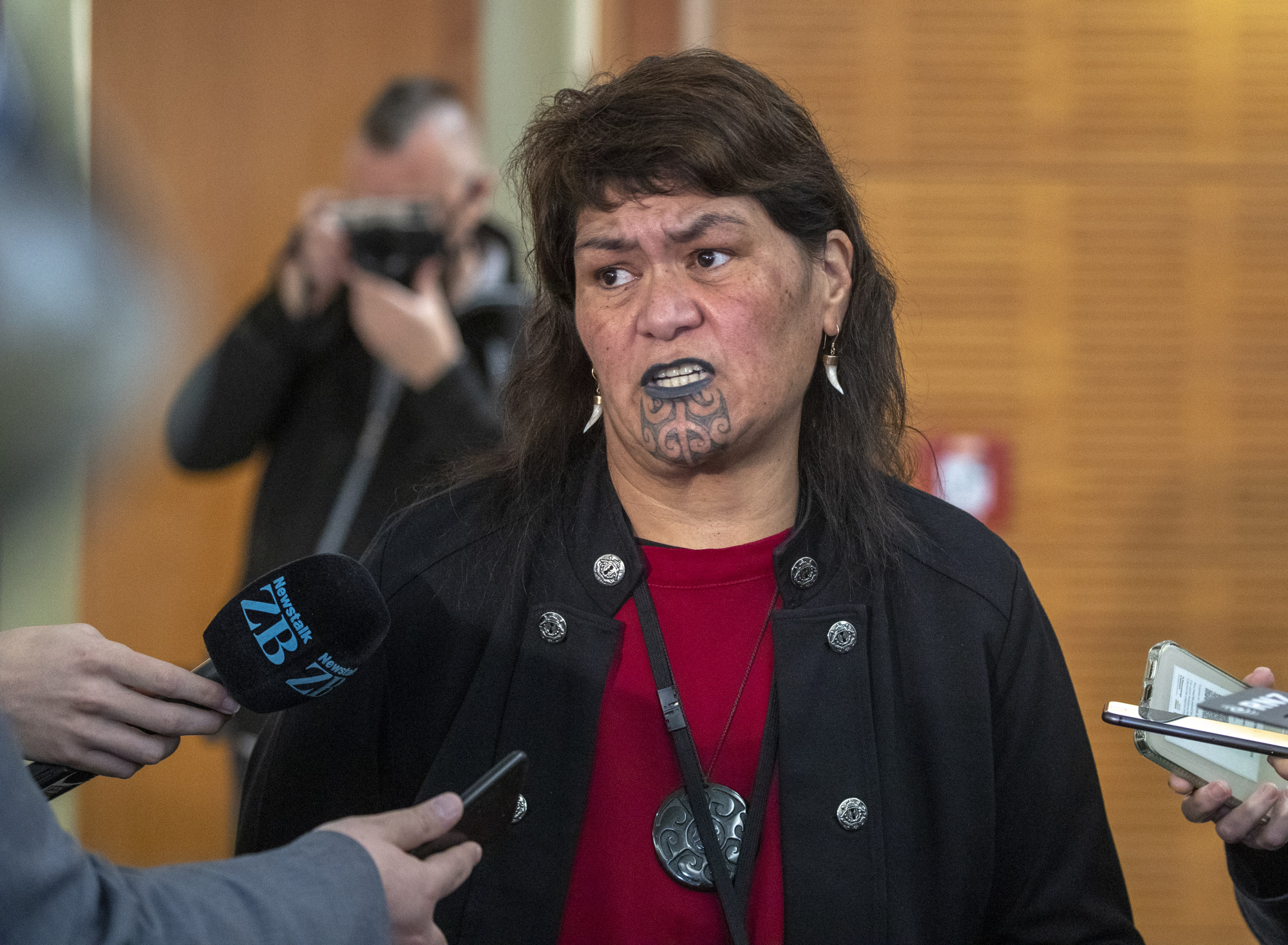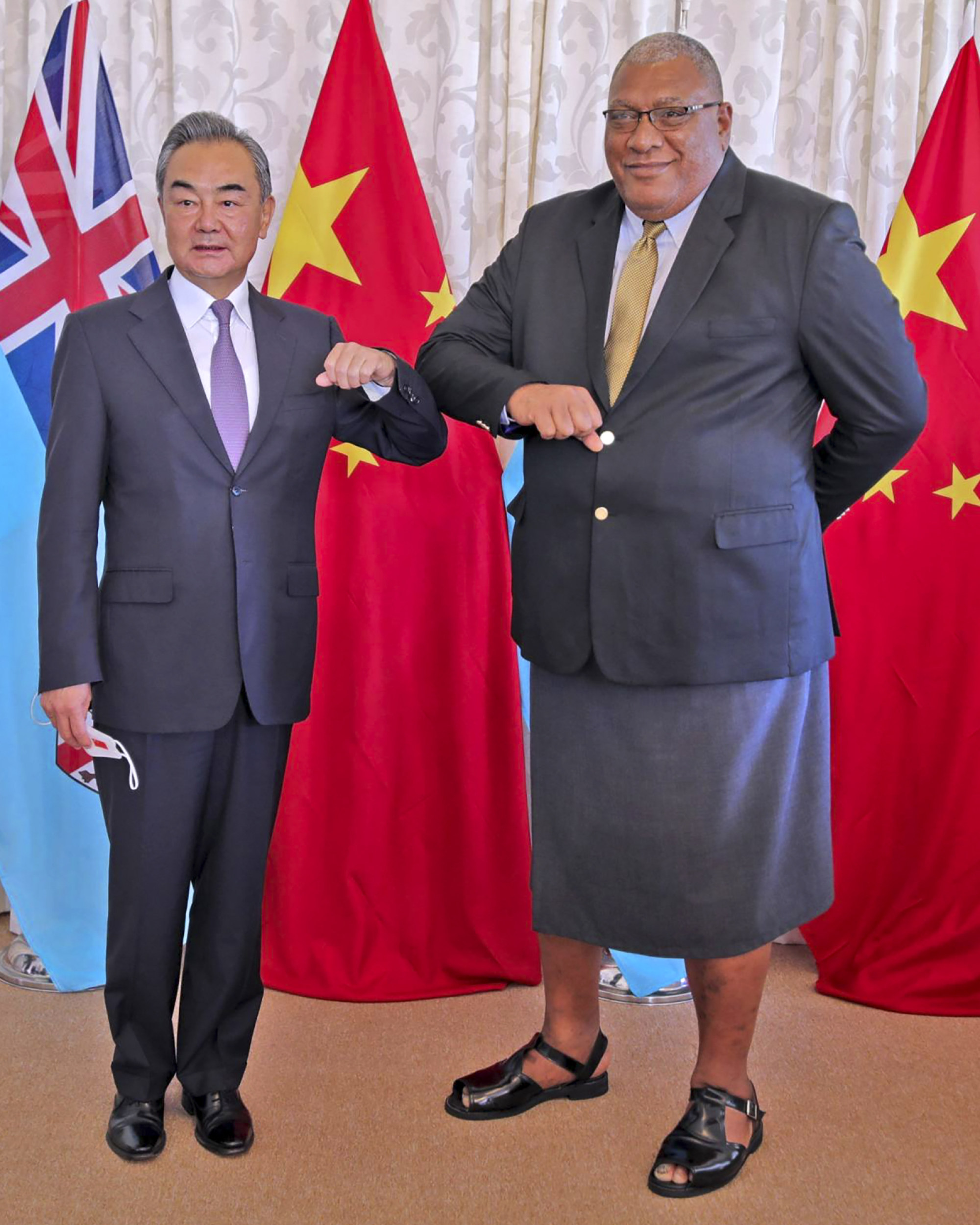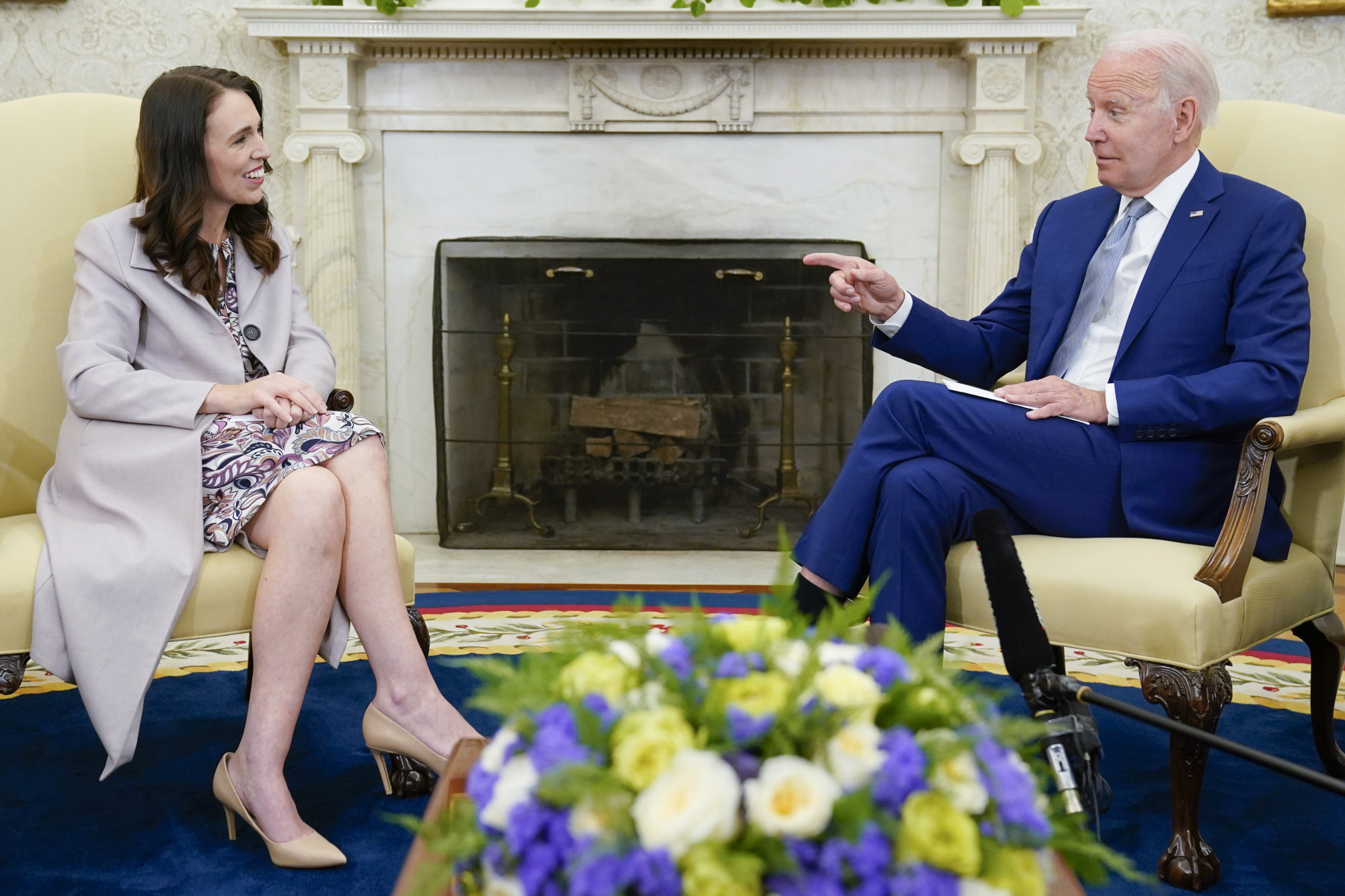
What’s New Zealand’s plan as superpower rivalry escalates in the Pacific?
- Wellington’s muted response to the recent Pacific tour of Chinese Foreign Minister Wang Yi stood in stark contrast to Australia’s flurry of diplomacy
- Analysts say New Zealand seeks a more nuanced foreign policy, but cracks are appearing in its ‘strategic ambiguity’ towards China amid alignment with the West
By contrast, New Zealand’s Foreign Minister Nanaia Mahuta said earlier this month that there was no need to react to Chinese activity in the Pacific “in a way that makes us look desperate”, adding that her country is “not defined by China”.

One reason Wellington has tried to avoid Australia’s more antagonistic approach is the close trading relationship New Zealand has with China, said Marc Lanteigne, an associate professor at the University of Tromsø in Norway.
Since the two sides signed a free-trade agreement in 2008, New Zealand’s exports to China have quadrupled and bilateral trade stood at NZ$33 billion (US$21.2 billion) in 2019.
Singapore and New Zealand have ‘vested interest’ in stable US-China ties
But New Zealand cannot be complacent about its standing in the Pacific amid the recent high-level Chinese and Australian visits, said Wellington-based international-relations consultant Karim Dickie.
“In a world of increasing complexity, international cooperation is needed more than ever to address global challenges such as climate change,” he said, adding that Pacific nations assessed China’s security and investment proposals based on their domestic needs and long-term strategic interests.
“New Zealand needs to actively nurture its existing relationships in the Pacific.”
Playing catch-up
China signed a slew of bilateral agreements during Wang’s tour of the region, which took in Solomon Islands, Kiribati, Samoa, Fiji, Tonga, Vanuatu and Papua New Guinea – and included virtual talks with his counterparts from the Cook Islands and Micronesia.
Geoffrey Miller, an international analyst with the Democracy Project at the Victoria University of Wellington, said New Zealand had been left playing “catch-up” diplomatically.
Diplomacy is “like justice, it also needs to be seen to be done”, he said, describing foreign minister Mahuta’s failure to invite Wang to New Zealand during his recent tour of the region “a lost opportunity”.
“Mahuta appears to be a reluctant traveller when we need engagement more than ever,” Miller said. “There are many Pacific and Asian countries that she could and should be visiting.”

But Iati Iati, a senior politics and international-relations lecturer at the Victoria University of Wellington, said New Zealand’s foreign minister had already met most of the region’s leaders and more visits were planned “in the near future”.
He said the actions of Australia or the US “should not be understood and treated as being done in isolation” from the interests of other Western nations, including New Zealand, as “if push comes to shove” Wellington will align with countries that share “similar values, norms, principles and a common heritage”.
Miller noted that New Zealand “still gets on relatively well with both Beijing and Washington”, and “still has an opportunity to talk to both sides” amid their rivalry.
‘Strategic ambiguity’
While Australia’s relations with China have deteriorated over the past two years, New Zealand has resisted the use of “megaphone diplomacy” and instead relied on “strategic ambiguity”, said Anne-Marie Schleich, an adjunct senior fellow at the S. Rajaratnam School of International Studies in Singapore.
At the same time, Wellington needs to recalibrate its relationship with Pacific nations to find the “right role” it can play in the region, said Schleich, a former German ambassador to New Zealand.
This includes coming up with a more ambitious climate strategy and moving away from merely giving aid, she said. New Zealand is the second-largest donor in the Pacific – pledging NZ$1.5 billion in development assistance from 2021-2024.
Instead of trying to keep China out of the region, it could be useful to integrate Chinese expertise
“And instead of trying to keep China out of the region, it could be useful to integrate Chinese expertise from other countries in large-scale projects,” Schleich said, citing the trilateral Cook Islands water supply project, the first New Zealand has worked on with China, as an example.
That project was launched in 2014 and involved the construction of infrastructure to deliver an improved water mains system to the people of Rarotonga, the Cook Islands’ main island.
“China invests in infrastructure projects that Pacific countries need and want – but can’t use international aid money for,” Schleich said, noting that China is the region’s largest trading partner, fourth-largest donor and has belt and road agreements with 10 Pacific nations.
Western alignment
New Zealand may not have mounted as muscular a response as Australia to Wang’s Pacific tour, but Wellington has still been aligning itself more closely with Western positions on China over the past year, said analyst Miller.
Ardern stressed that New Zealand “held firmly to our values” in her speech at the China Business Summit in May last year, adding “when we see a threat to the rules-based order we rely on, we act”.
The war in Ukraine drew New Zealand closer to like-minded nations, Miller said, noting that all Ardern’s recent international visits – to Japan, Singapore and the US – had been to “countries which have supported sanctions against Russia”.

Describing the joint statement issued by Ardern and Biden after their meeting at the White House as “hawkish”, Miller said it was remarkable for the level of criticism directed at China.
The statement aired concerns that China, “a state that does not share our values or security interests”, would “fundamentally alter the strategic balance of the region” if it established a permanent military presence in the region.
The two sides also voiced their opposition to “unlawful maritime claims and activities in the South China Sea that run counter to the rules-based international order” and expressed “grave concerns” over “human-rights violations in Xinjiang and the erosion of rights and freedoms in Hong Kong”.
New Zealand’s Ardern says China’s ‘pace of engagement’ in Pacific has increased
Comments such as these, and New Zealand’s greater alignment with Western positions, could lead to the country being viewed “as just another member of the broader Western alliance”, Miller said – leaving the country “vulnerable and exposed” as 33 per cent of its exports go to China.
“Unfortunately for New Zealand, we seem to be heading into a globally more ideologically-driven period and there is little tolerance for nuance from bigger partners such as Australia and the US,” Miller said.

